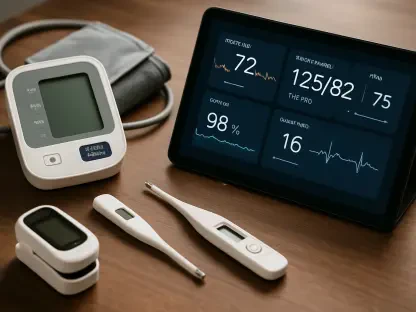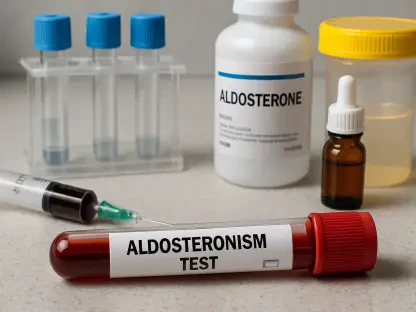In the wake of the COVID-19 pandemic, Indonesia’s healthcare system has revealed significant gaps that demand immediate attention and innovation. One of the cornerstones of this transformation is the newly introduced Omnibus Health Law (Law No. 17 of 2023), which seeks to overhaul the sector by improving accessibility, quality, and self-sufficiency in pharmaceuticals and medical devices. The law’s comprehensive scope includes prioritizing domestic pharmaceutical production, streamlining raw materials sourcing, and easing foreign investment restrictions, all aimed at fostering an environment conducive to healthcare innovation and investment.
Cost-Effectiveness
The global rise in healthcare costs, coupled with similar trends in Indonesia, has triggered a need for innovations that alleviate financial pressures on both the system and patients. Digital health technologies are at the forefront of this movement. Automation of administrative tasks, wearable health monitoring devices, and data analytics are pivotal in managing and reducing these costs. Companies like Aevice Health and Mesh Bio are pioneering technologies that monitor chronic diseases and use predictive analytics to enhance patient care, consequently lowering long-term healthcare expenses.
Intuitiveness
The merging of consumer and patient roles has led to an increased demand for transparency and personalized health solutions. Digital health tools, such as patient portals and mobile health apps, are essential in enhancing user engagement and management. Furthermore, advances in genomics have opened up avenues for personalized treatment plans, which significantly improve patient satisfaction and outcomes. These technologies empower patients, granting them greater control and understanding of their health.
Tackling Noncommunicable Diseases (NCDs)
Noncommunicable diseases, such as cardiovascular diseases, chronic respiratory diseases, diabetes, and cancer, are substantial contributors to mortality rates and healthcare expenditures in Indonesia. Innovations in genomics and biotechnology are proving to be game-changers in this area. Companies like Nusantics, NalaGenetics, and Mesh Bio are at the forefront of facilitating early detection, providing personalized care, and reducing overall healthcare costs through their cutting-edge technologies.
The Role of Technology
In the aftermath of the COVID-19 pandemic, Indonesia’s healthcare system has unveiled critical deficiencies that urgently need to be addressed through innovation and reform. Central to this transformation is the newly enacted Omnibus Health Law, known formally as Law No. 17 of 2023. This legislation aims to revamp the healthcare sector by enhancing accessibility, boosting the quality of care, and increasing self-sufficiency in pharmaceuticals and medical devices.
The law comprehensively focuses on several key areas: it prioritizes the production of domestic pharmaceuticals, streamlines the procurement of raw materials, and relaxes restrictions on foreign investment. These measures intend to create a more favorable environment for healthcare innovation and investment, propelling the sector forward.
By reducing dependency on imported medical supplies and promoting local production, Indonesia aspires to build a resilient and self-sufficient healthcare system. This law represents a significant step towards ensuring that the nation is better prepared for future health crises, fostering both public and private sector growth within the healthcare industry.









